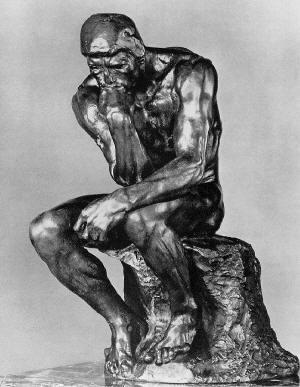Nine days into the Fellows Program and I’m already marveling
at how quickly the time has flown. So
much to say, so much goodness and blessing.
Where to start?
I suppose with the beginning.
Last Tuesday through this past Saturday we fellows ventured
off to Southwest Pennsylvania for a retreat. Unfortunately it was not ours to enjoy
beautiful end-of-summer/early-fall weather; Tuesday and Friday blanketed us in
a chilly, dreary rain, although things dried up a bit in between allowing us to
venture out for ultimate Frisbee, corn hole, or a swim across the lake. Otherwise we kept indoors and enjoyed cards
and board games.
In addition to recreational activities, we took part in
community building exercises, times of group worship and prayer, periods of
individual meditation and devotion, and what turned out to be one of my
favorite parts of the trip, the sharing of each others’ testimonies with the
group.
As Christians know, one’s testimony is the story of how
Christ has wrought change and redemption in one’s life. Such stories leave no room for idle, small
talk. Rather, testimonies cut to the
very marrow of life, with all its struggles and joys, hopes and fears, doubt
and faith. My heart went out to those of
my new friends who had endured much pain and sorrow during their lives, and yet
was gladdened to hear how through these difficulties, they had come to know the
freeing power of God’s grace in deeper and more meaningful ways. I kept finding myself thinking, “me too.”
What surprised me most was the ease with which just over a
dozen fellows, otherwise complete strangers at week’s outset, grew to be
genuine friends in only a few short days.
Of course, the sharing of our testimonies greatly facilitated this
process, but even in time spent around a meal, on a run, or overlooking the
lake was fruitful for the soul. To talk
philosophy with Sam, poetry with Matt, sports with the other Matt, or theology
with the quietly tenacious Seo Yoon, to run with Garrett, swim with Freddie, or
to be ferried in a canoe by Hunter, to compare Virginia college experiences
with Michelle and Leigh Anne, or to enjoy the Southern charm of Annie, Carra or
Jeff, to cook with Kim and share Tribe Pride with Jill, or to come darn close
to beating Bill in an intense game of risk—these moments powerfully bonded us
together.
All I can hope is that the rest of they year doesn’t fly by
as quickly as those first five days did.




